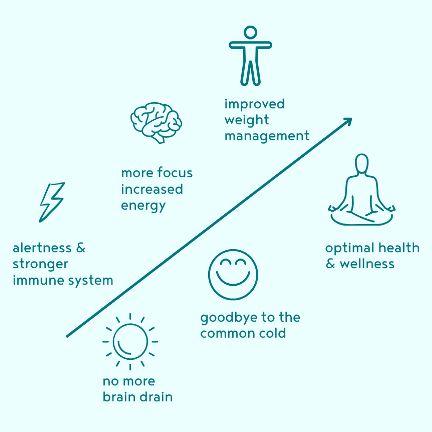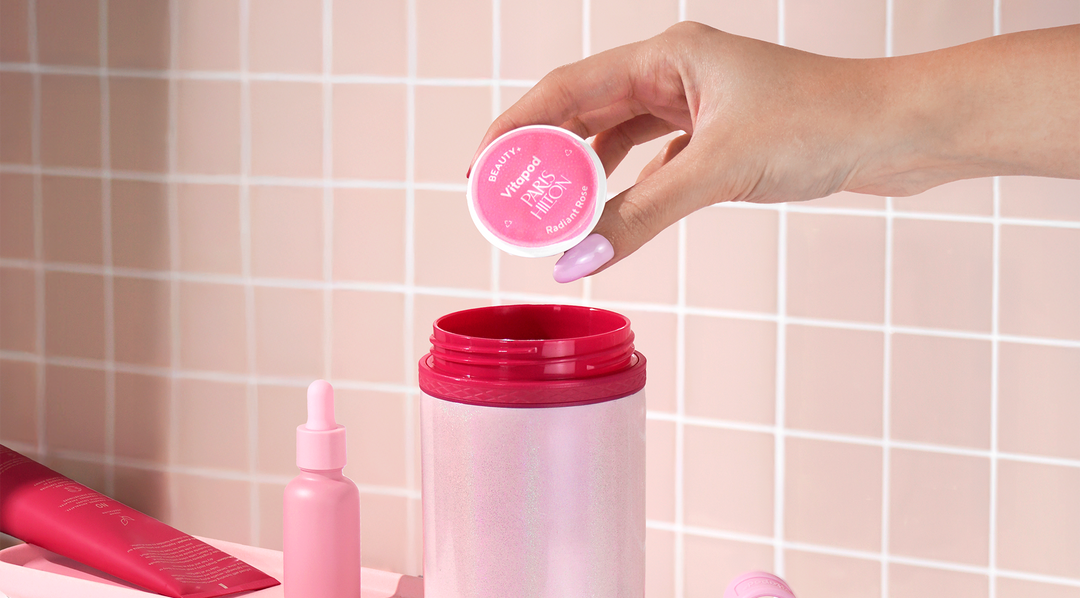What is synthetic caffeine?

Currently, caffeine is the world leader as the most consumed drug. Although it’s an addictive drug, caffeine has many health benefits.
Besides enhancing alertness and physical performance, studies show that it also minimizes the occurrence of neurological decline that comes with aging. When consumed as coffee, caffeine reduces the risk of contracting chronic diseases such as hypertension and diabetes and helps to minimize inflammation.
Natural and synthetic caffeine is similar in many ways, but the effects each has on your body are a bit different. Most of us are familiar with natural sources of caffeine, but where does synthetic caffeine come from?
Let's explore where it comes from, its pros and cons, and some of the effects it has on you.
What is Synthetic Caffeine?
Many foods and beverages have caffeine, but only a tiny percentage has natural caffeine extracts. Common plant species with caffeine include Kola nuts, tea buds, guarana berries, cacao beans, and coffee beans.
Synthetic caffeine is artificial, made using urea and chloroacetic acid. However, urea in food sounds unconventional, a compound of oxygen, nitrogen, and carbon that's non-toxic, according to the FDA.
Most companies producing bottled beverages and food products use synthetic caffeine because it’s cost-effective to produce. A small amount has high potency levels to the extent that consuming even a tablespoon can be lethal.
What Is The Difference Between Natural and Artificial Caffeine?
The main difference between the two is where the caffeine comes from. At a molecular level, synthetic and natural caffeine are almost indistinguishable.
However, synthetic caffeine has a higher absorption rate in the digestive system than natural caffeine. The fast absorption results in a more robust reaction in less time; that’s why you feel an energy surge after consuming an energy drink.
The FDA recommends a daily caffeine intake not exceeding 400 mg. Most energy drinks have higher caffeine contents than the recommended amount you should consume in a day. The feeling is pleasant if you consume a large amount, but the crash is more intense.
Natural caffeine has vitamins and methylxanthines, which ensure a steady release of caffeine over a prolonged time.
Synthetic caffeine doesn't have these vitamins, so all the caffeine gets absorbed and metabolized much faster. Some of the adverse side effects include anxiety, nervousness, jitters, and it may be harder to focus.
What Are the Pros and Cons of Synthetic Caffeine
From a manufacturer's standpoint, synthetic caffeine is more accessible and relatively cheaper to acquire. Due to mass production, companies buy large a quantity to cut productions costs and it’s also more potent, so minimal amounts are enough.
When consumed in small amounts, not all types of synthetic caffeine are harmful to you. On its own, it's rarely toxic, but the other additives used to make the drink pose health risks.
You may have already used a product with synthetic caffeine today without your knowledge.
The main concern most people have is the production process. Most synthetic caffeine comes from large factories in China, with significant air and water pollution.
Additionally, the process involves harsh chemicals such as methylene chloride and ethyl acetate that could potentially harm the body.
Which Caffeine Source Is Best for You?
Natural and synthetic caffeine is chemically similar but has different reactions or effects on your body. Besides the balanced energy release, natural caffeine has additional health benefits to improve your mood.
Synthetic caffeine has a faster effect which gives you a quick energy boost. However, the crash is more intense, and the side effects are more severe than natural caffeine.
So, how can you tell the difference? When shopping for bottled or caffeinated drinks, check the label for the nutrition facts and ingredients.
If you see caffeine anhydrous or simply caffeine, the product has a form of synthetic caffeine. If the caffeine is natural, you’ll the real or botanical names of the plant extracts such as guarana, coffee beans, or green tea.
With this knowledge, you are in a better position to decide whether you prefer natural or synthetic caffeine.










